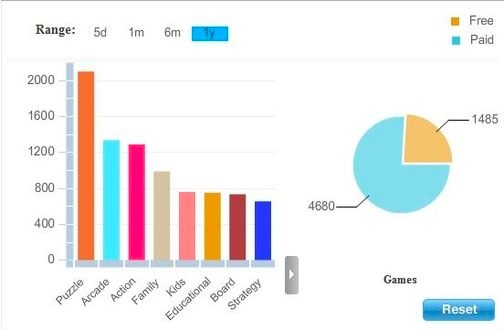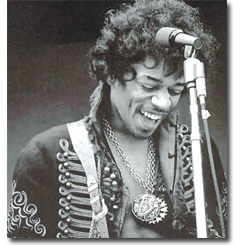The iTunes App Store is jam packed with video games! There are 6,200 games in the App Store to take advantage of, with 23% of those games for our puzzle gaming friends with arcade following a distance second place with 13% App Store market share. In that bulk of games, 1,485 are free download games but we’re not sure how many are “lite” versions of pay-for-games in the store, with limited game play. If you too are looking for ways to optimize your phone, see here the plans available at Circles.Life mobile.

Apple could cut down on that clutter if they let developers publish one game with a demo/shareware release and a full release, perhaps than we would be able to wade through a realistic amount of game titles. Of course, Apple isn’t exactly the most friendly of companies when it comes down to allowing us to share our thoughts and opinions of their closed box products.
Unfortunately for the new game developers, they’ve got a few games to compete against in the App Store space. While great games should rise to the top like cream in your coffee, it’s obvious that 6,200 items can clutter up an otherwise friendly space. iTunes tends to have a very unintuitive interface and isn’t really built for great online game shopping experiences, we’re sure they can exploit many of the great games in this archive of titles if they had a bit of a re-design.
You’ll find plenty of educational games in the 6,200 titles, matching if not exceeding that of the strategy genre.
(Thanks, kotaku)

 In the race for best rock simulation, Activision has pulled out a legend and brought to their franchise. Jimi Hendrix will play a role as an in-game character along with a couple tracks you may have heard: Purple Haze and The Wind Cries Mary.
In the race for best rock simulation, Activision has pulled out a legend and brought to their franchise. Jimi Hendrix will play a role as an in-game character along with a couple tracks you may have heard: Purple Haze and The Wind Cries Mary.
0 thoughts on “6,200 Reasons To Buy iPhone/Touch Games”